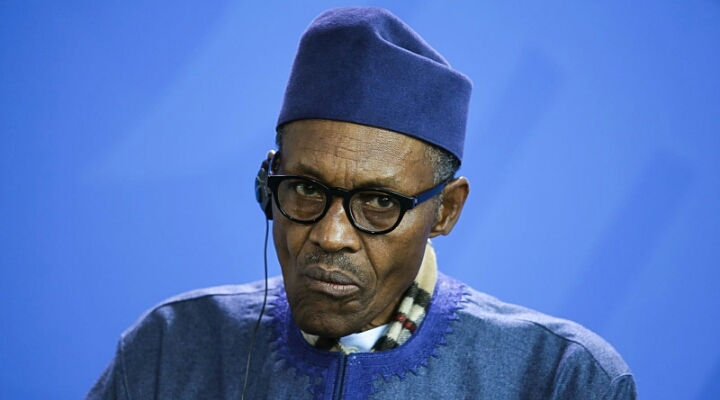The Nigerian government has announced that USD$322 million (£244 million) stolen by Nigeria’s former military ruler, Sani Abacha, has been returned by the Swiss authorities. Abacha, an army general who was head of state from 1993 until his death in 1998, is suspected to have embezzled between USD$3 to 5 billion of public money.
Plans have also been announced to distribute the recovered loot to around 300,000 households in 19 of Nigeria’s 36 states. Under the plan each household would get around USD$14 a month. The handouts would be paid to poor Nigerians for about six years.
Roberto Balzaretti, one of the Swiss officials involved in the negotiations with Nigeria, reported that there would be strict conditions attached to the transfer of the money back to Nigeria. Nigeria has signed a memorandum of understanding with Switzerland and the World Bank agreeing the modalities for the return of the stolen funds.
The Nigerian government has opted for cash payments to be made to help poor families as part of the Nigeria National Social Safety Net Program. The money is to be paid in instalments and in small amounts under the supervision of the World Bank, which will also conduct regular audits. If the first instalment is not properly accounted for, subsequent payments will be halted. This is to prevent the funds from being stolen again.
But there are fears that this is not the best way to use the recovered funds and that the “distribution” is just a ruse to influence the Nigerian elections next year. Concerns have been raised that it’s an easy way for the ruling political party to score cheap points ahead of the 2019 polls. And there are strong views about how the money can be better spent, particularly on the country’s crumbling infrastructure.
Vote Buying?
The money is being returned to Nigeria at a delicate time. Nigerian President Muhammadu Buhari has announced that he will be seeking reelection next year. This despite his ill health and corruption scandals.
Nigerian politicians are infamous for buying votes.
Suspicions that the redistribution scheme is another vote buying ruse have been fuelled by the fact that the government plans to give money to only 19 states out of the 36. The government has said that 17 states where excluded from the scheme because they didn’t have the “appropriate platform” to implement the conditional cash transfers.
There are also fears that the recovered loot might end up in the coffers of ghost beneficiaries.
The Nigerian house of representatives – the lower house of Nigeria’s bicameral National Assembly – has passed a motion that the money must be distributed in line with the country’s revenue sharing formula for disbursing money to all 36 states.
The Socio-Economic Rights and Accountability Project, a Nigerian nongovernmental anti-corruption agency, has added its voice to criticisms of the plan. It has pointed out that the distribution of funds is
mis-targeted and would not bring any tangible benefits to the beneficiaries.
The project argues that the president should renegotiate the memorandum of understanding with the Swiss authorities in consultation with the communities affected by grand corruption so that the recovered loot can be put to better use.
A better way?
Is there a better way to utilise the recovered loot?
Nigeria needs proper procedures to manage recovered money as it continues with its anti-corruption agenda. The government will be better placed in the future to manage recovered funds if it has a coherent plan detailing how they should be handled. The plan will need to be overseen by the country’s anti-corruption institution.
There’s a strong view that the recovered money should be used to foot the bill for infrastructure projects that would improve the lives of the victims of corruption and also help alleviate poverty.
Infrastructure projects, such as proper transport systems and power generation, also have the advantage of being highly visible and could be easily tracked through Budgit and Tracka. Construction projects would also create jobs.
There is a clear link between infrastructural development and economic growth – an area where Nigeria could really do with some help. The country struggles from infrastructure deficits, particularly in power generation, transport, education and health care.
Experts also argue that giving the money to poor households will only serve as temporary respite from poverty. Investing in infrastructure that can improve growth, employment, production, education and health care would create better and longer-term value.
![]() The government might be wise to listen to these views.
The government might be wise to listen to these views.
Tolu Olarewaju is a lecturer in economics at Staffordshire University This article was originally published on The Conversation. Read the original article.
The opinions expressed in this article are solely those of the author.







